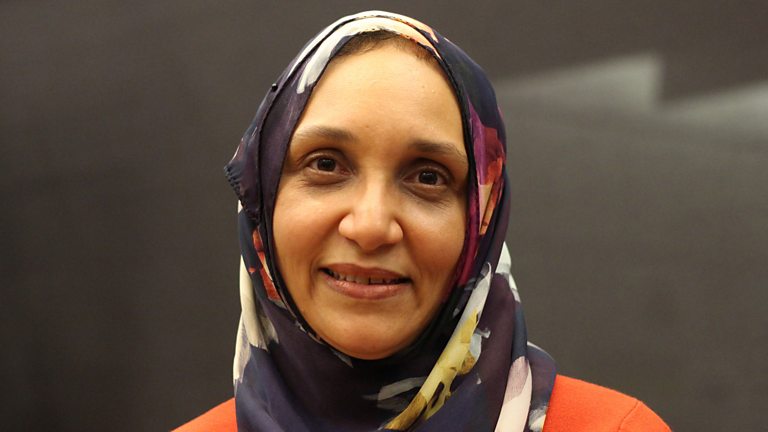
Written with directness and force, Minaret is a lyric and insightful novel about Islam and an alluring glimpse into a culture Westerners are only just beginning to understand. These themes are present from her first novel The Translator to Minaret, Lyric's Alley, and The Kindness of Enemies in which her female protagonists are involved in a contest for space, particularly a space to practice their faith as a vital facet of their daily lives, a space that I read here as sacred space. They find a common bond in faith and slowly, silently, begin to fall in love. Some of the primary concerns in Leila Aboulela's fiction are women, faith, and space. Then Najwa meets Tamer, the intense, lonely younger brother of her employer. Soon orphaned, she finds solace and companionship within the Muslim community. But a coup forces the young woman and her family into political exile in London.

An upper-class Westernized Sudanese, her dreams were to marry well and raise a family. Twenty years ago, Najwa, then at university in Khartoum, would never have imagined that one day she would be a maid.

In Khartoum, Najwa was an average Sudanese girl, not too religious and not too. Following her lyrical first novel ( The Translator, 1999), Aboulela narrates a sadder, starker story of one girl’s fall from privilege to a life of exile and menial work in London. Summary Of The Museum By Leila Aboulela - 877 Words Bartleby WebLeila. A prize-winning Sudanese writer depicts the appeal of Islam. With her Muslim hijab and down-turned gaze, Najwa is invisible to most eyes, especially to the rich families whose houses she cleans in London. (PDF) An Exploration of the Rhetorical Devices in Leila Aboulela WebLeila Aboulela. Leila Aboulela's American debut is a provocative, timely, and engaging novel about a young Muslim woman - once privileged and secular in her native land and now impoverished in London - gradually embracing her orthodox faith.


 0 kommentar(er)
0 kommentar(er)
